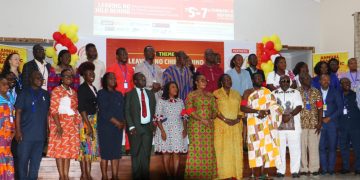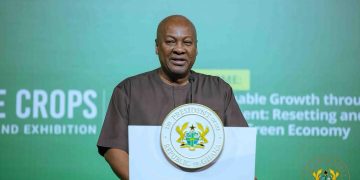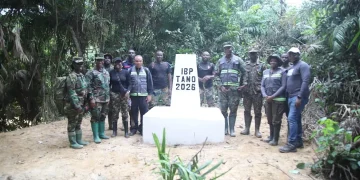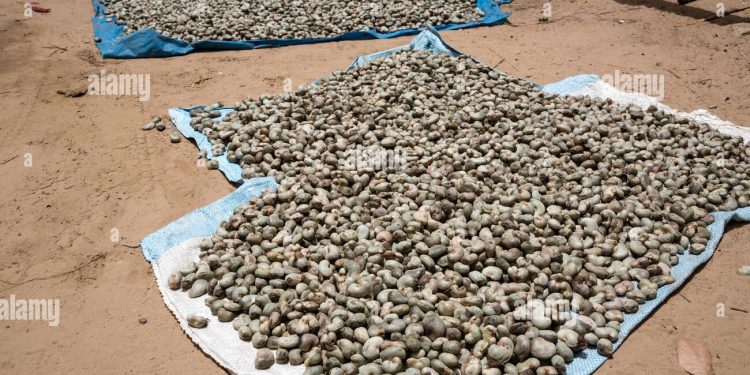The poor quality of Ghana’s cashew nuts on the international market has been largely attributed to inadequate post-harvest management practices by farmers, particularly improper drying techniques that lead to high moisture content.
This issue has resulted in lower ratings and reduced pricing for Ghana’s cashew nuts globally.
Mr. Dwobeng Nyantekyi, Value Chain Officer of the Tree Crop Development Authority, highlighted these concerns during a stakeholders’ meeting in Sunyani, Bono Region, on Friday.
He urged farmers to adopt better post-harvest practices and to avoid selling their raw cashew nuts directly to buyers at the farm gate.
“High-quality nuts attract premium prices, which is why it’s crucial for farmers to adhere to proper post-harvest management practices,” Mr. Nyantekyi emphasized.
The stakeholders’ engagement, organized by Cashew Watch Ghana—a civil society group comprising cashew farmers and media representatives—provided a platform for farmers to discuss their challenges and seek solutions.
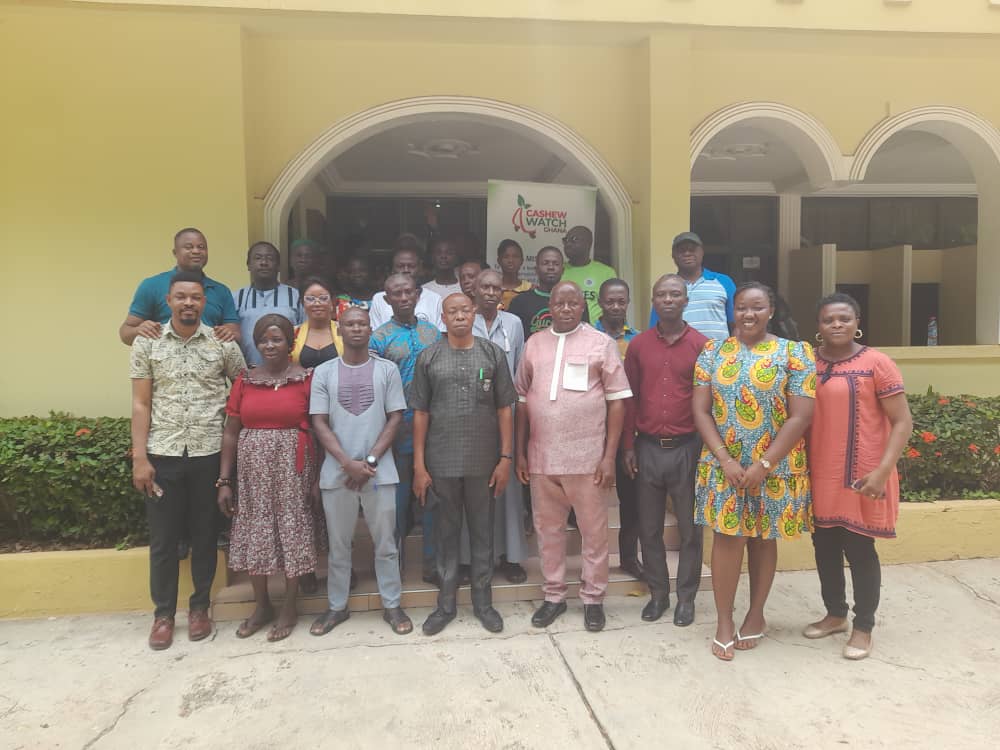
The three-year project, dubbed “Amplifying Voices of Cashew Farmers,” is sponsored by Star Ghana and aims to enhance the capacities of stakeholders in the cashew value chain to tap into the $10 billion global market for cashew nuts.
Mr. Nyantekyi also shed light on the activities of the Tree Crop Development Authority, revealing that about 1,600 aggregators and exporters have been registered and licensed to buy cashew nuts in Ghana. He added that some aggregators and farmers have received training on maintaining cashew quality and encouraged farmers to source planting materials from reputable sources to ensure healthy products.
Madam Tiwaa Bertha, the 2022 Bono Regional Best Cashew Farmer, appealed to the government to consider buying cashew nuts directly from farmers and selling them on their behalf, similar to the practices in the cocoa sector. She argued that this would help regulate cashew prices and protect farmers from exploitation by middlemen.
she further called for the establishment of a task force to prevent exporters from purchasing cashew nuts directly at the farm gate, a practice that is illegal but still persists. Other farmers at the meeting urged the Tree Crop Development Authority to introduce a sanction regime to curb these illegal activities and bring order to the cashew sector.
The National Coordinator of Cashew Watch Ghana, Raphael Godlove Ahenu, also emphasized the need for the government to prioritize the cashew sector by ensuring a fair pricing regime and building the capacity of farmers through technology to boost productivity. He noted that while Ghana earned $300 million from the global cashew market in 2022, this figure could have been significantly higher with the right interventions in place.
Mr. Ahenu stressed that with the global market for cashew nuts valued at approximately $10 billion annually, there is a substantial opportunity for Ghana to increase its share if the necessary steps are taken to improve quality and efficiency within the sector.
Source: www.kumasimail.com / Daniel D Mensah/ Sunyani








